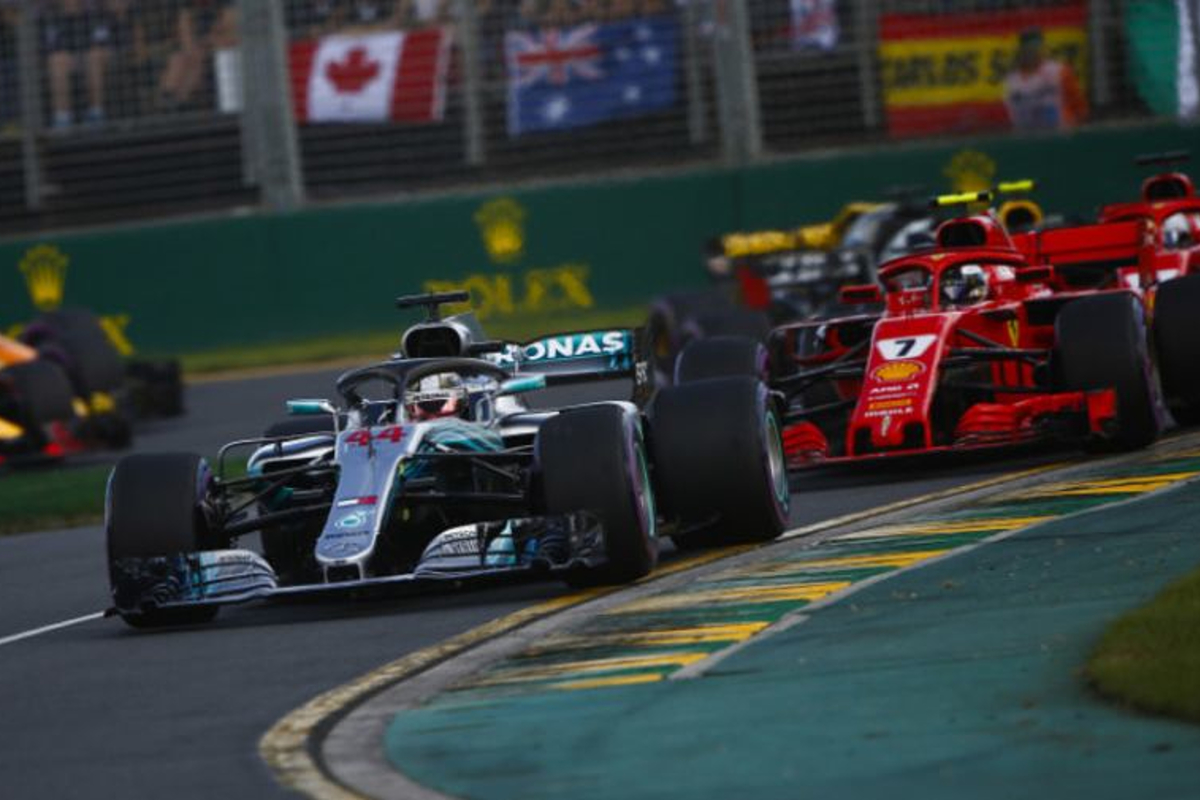Latest News

Daniel Ricciardo
Daniel Ricciardo makes first racetrack return since F1 axe
- 15 minutes ago

Max Verstappen
Max Verstappen snubs F1 after being ruled OUT of race
- 1 hour ago

Austrian Grand Prix
Max Verstappen Silverstone fate sealed as Red Bull star given Austrian GP penalty points
- 2 hours ago

Latest F1 News
Alpine agree mid-season driver swap for British Grand Prix
- 3 hours ago

F1 Today
F1 News Today: Lando Norris disqualification verdict announced as FIA confirm race result
- 3 hours ago

Austrian Grand Prix
McLaren F1 stars hit by FIA deleted lap ruling after Austrian Grand Prix
- Today 17:59
Most read

500.000+ views
FIA issue Lando Norris disqualification verdict at Austrian Grand Prix
- Yesterday 19:54

300.000+ views
FIA announce Charles Leclerc disqualification verdict ahead of Canadian Grand Prix
- 12 june

200.000+ views
FIA announce George Russell punishment verdict at Canadian Grand Prix
- 14 june

150.000+ views
FIA announce harsh McLaren penalty verdict after Oscar Piastri incident at Canadian GP
- 14 june

150.000+ views
Mercedes F1 star hit by FIA deleted lap ruling after Canadian Grand Prix
- 16 june

150.000+ views
FIA announce Lewis Hamilton punishment verdict at Austrian Grand Prix
- 27 june
























 Grand Prix of Australia 2025
Grand Prix of Australia 2025  Grand Prix of China 2025
Grand Prix of China 2025  Grand Prix of Japan 2025
Grand Prix of Japan 2025  Grand Prix of Bahrain 2025
Grand Prix of Bahrain 2025  Saudi Arabian Grand Prix 2025
Saudi Arabian Grand Prix 2025  Grand Prix De Monaco 2025
Grand Prix De Monaco 2025  Gran Premio de España 2025
Gran Premio de España 2025  Grand Prix du Canada 2025
Grand Prix du Canada 2025  Grand Prix of Austria 2025
Grand Prix of Austria 2025  Grand Prix of Belgium 2025
Grand Prix of Belgium 2025  Grand Prix of Hungary 2025
Grand Prix of Hungary 2025  Grand Prix of Azerbaijan 2025
Grand Prix of Azerbaijan 2025  Grand Prix of Singapore 2025
Grand Prix of Singapore 2025  Gran Premio de la Ciudad de Mexico 2025
Gran Premio de la Ciudad de Mexico 2025  Grande Prêmio de São Paulo 2025
Grande Prêmio de São Paulo 2025  Qatar Grand Prix 2025
Qatar Grand Prix 2025  Grand Prix of Abu Dhabi 2025
Grand Prix of Abu Dhabi 2025 